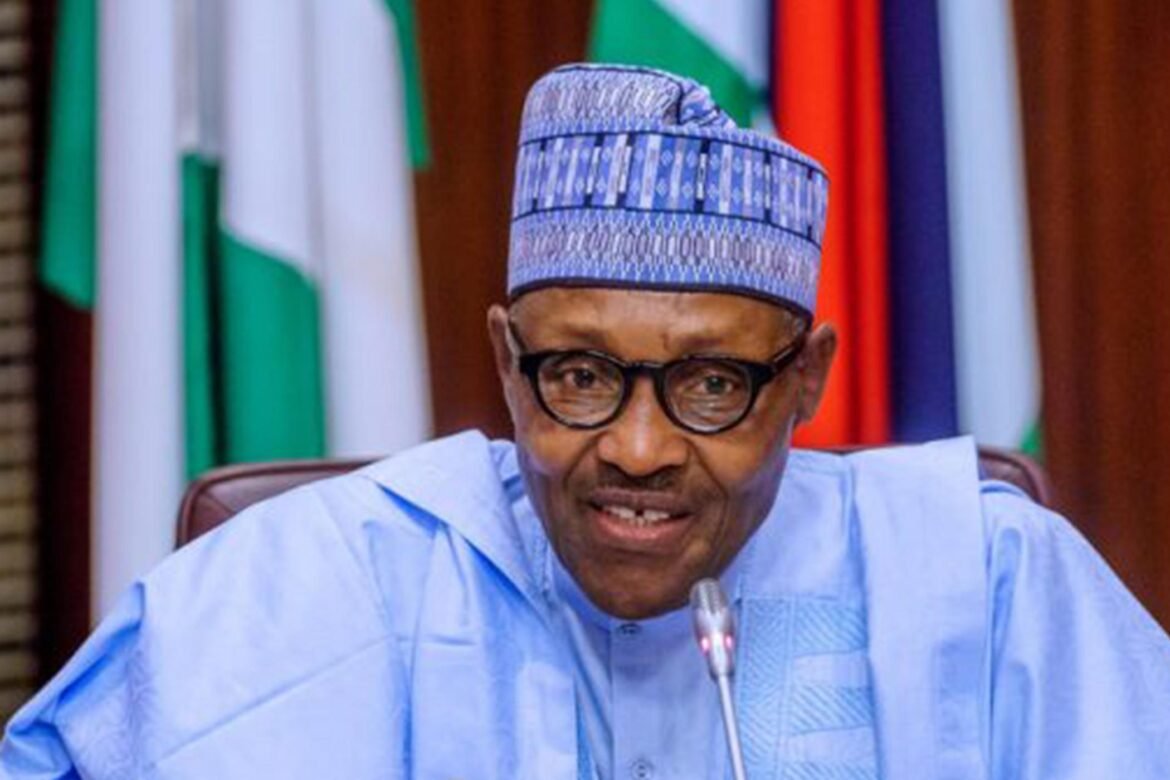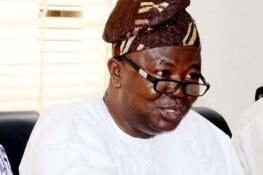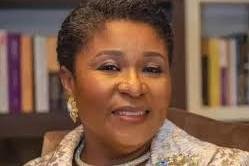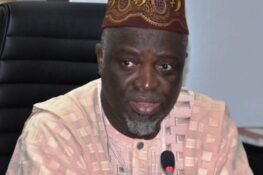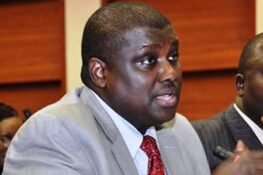Socio-Economic Rights and Accountability Project (SERAP) has given President Muhammadu Buhari 14 days to investigate more than N300bn in public funds that have been declared missing, misappropriated or unaccounted for according the 2017 Audit Report of the Auditor General of the Federation.
In a statement signed by the deputy director of SERAP, Kolawole Oluwadare, on Saturday, the civil society group asked the president to, “direct the Attorney General of the Federation and Minister of Justice Mr. Abubakar Malami, SAN, and appropriate anti-corruption agencies to urgently investigate allegations that over N300bn of public funds are missing, mismanaged, diverted or stolen, as documented in the 2017 audited report by the Auditor General of the Federation (AGF).”
SERAP said Malami and the anti-corruption agencies should promptly investigate the extent and patterns of widespread and endemic corruption in the ministries, departments and agencies (MDAs) indicted in the audited report under the direction of the president.
The letter read, “We urge you to take meaningful and effective measures to clean up an apparently entrenched system of corruption in these MDAs.”
“The 2017 audited report reveals grim allegations of mismanagement, diversion and stealing of public funds, as well as unaccounted-for spending. The report suggests a grave violation of the public trust, and that the indicted MDAs and the National Assembly lack effective and credible internal processes to prevent and combat corruption”, SERAP said.
It added that, “Investigating and prosecuting the alleged grand corruption documented by the AGF would improve the chances of success of your government’s oft-repeated commitment to fight corruption and end the impunity of perpetrators. It will improve the integrity of MDAs, serve the public interest, as well as improve Nigerians’ access to public services and goods.
“Any failure to promptly investigate the allegations and prosecute suspected perpetrators would breach Nigeria’s anti-corruption legislation, including the Public Procurement Act, the 1999 Nigerian Constitution (as amended) and the country’s obligations including under the UN Convention against Corruption and the International Covenant on Economic, Social and Cultural Rights to which Nigeria is a state party.”
SERAP said it would also mean that Nigeria is failing to fulfil the obligations under the covenant to use its “maximum of available resources” to progressively realise and achieve basic economic and social rights, including access of Nigerians to public services and goods like quality education, healthcare, clean water and regular electricity supply, as well as the right to honest public services.
